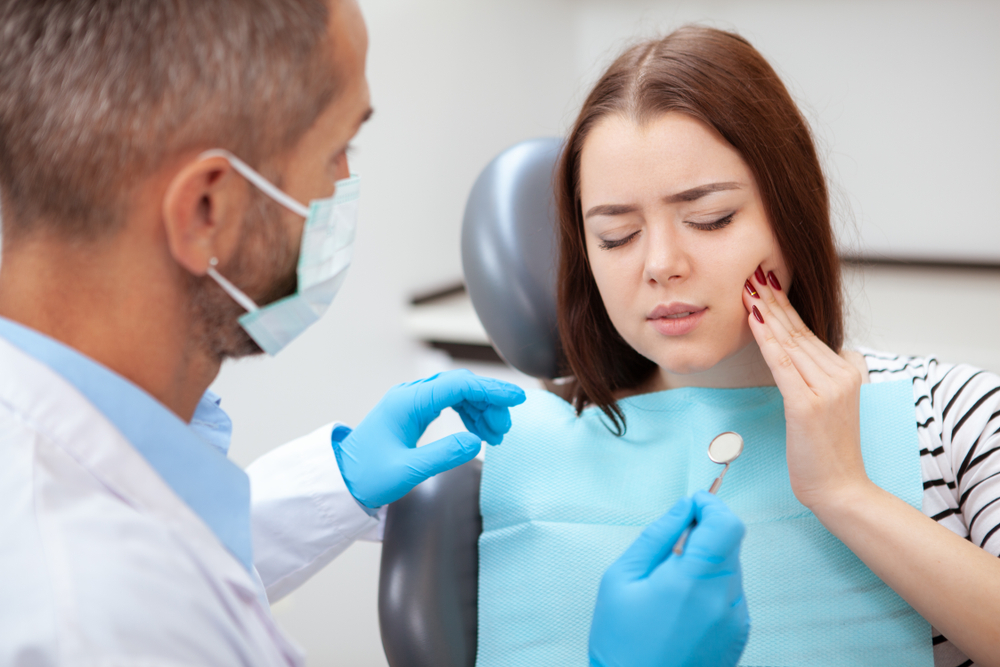 Dental emergencies are common, affecting both youngsters and the elderly. Unfortunately, dental emergencies do not occur at the optimal time when dental offices are open. Many dental problems necessitate immediate oral surgery in Shelby Township to avoid severe harm and the need for costly treatments later. Therefore, whenever you experience dental pain that requires prompt care, you should contact an emergency dentist.
Dental emergencies are common, affecting both youngsters and the elderly. Unfortunately, dental emergencies do not occur at the optimal time when dental offices are open. Many dental problems necessitate immediate oral surgery in Shelby Township to avoid severe harm and the need for costly treatments later. Therefore, whenever you experience dental pain that requires prompt care, you should contact an emergency dentist.
If you’re not sure how to handle dental emergencies, this page includes a list of issues that require immediate dental attention.
Which type of dental emergency requires prompt attention?
Having a knocked-out tooth
A knocked-out tooth requires immediate care in addition to inflicting excruciating agony. If bleeding from the knocked-out tooth continues, you should try to stop it. Gently grasp the crown of the tooth without touching its roots. If it can be tolerated, clean it in water without washing it and try to re-implant it.
If not, soak the tooth in milk or saltwater and rush to a nearby emergency dentist to get it fixed. With knocked-out teeth, every minute counts. If you don’t want to look for pricey new teeth, get to the dentist as soon as possible.
A dislodged tooth
Pain can also be caused by partially dislodged teeth. Do not try to push the tooth back or manipulate it; instead, call an emergency dentist right away for an appointment. Apply an ice pack on the cheeks to reduce swelling and discomfort. Consult your dentist or take over-the-counter pain relievers.
Having your teeth chipped or broken
Try to collect the fragmented bits if you chip or break your tooth. Rinse your mouth with lukewarm water and the fractured tooth fragments. If you notice bleeding, use gauze to stop it.
Dental Abscesses
Infections that develop near the base of the tooth or between the two teeth are termed dental abscesses. If left untreated, a dental abscess can quickly spread throughout your mouth, causing severe damage to nearby teeth and tissues. Dental abscesses are potentially fatal and must be treated instantly by a dentist.
The dentist will drain the abscess and prescribe medication to manage infection and pain. In addition, root canal therapy is also recommended to eradicate the inflammation in your tooth as soon as possible. An abscess indicates that your dental pulp is infected and inflamed, so you need to protect it immediately with a root canal. If you ignore the dentist’s recommendations, you risk losing the tooth to extraction.




